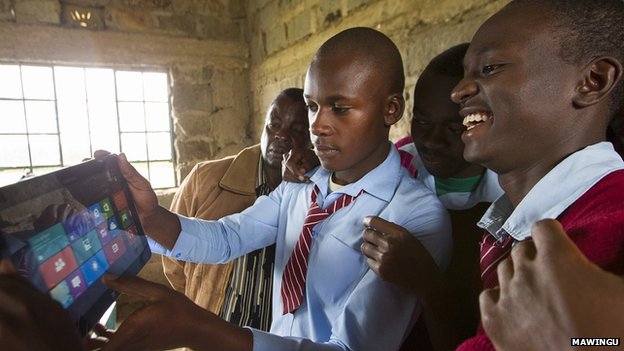IBM will no longer develop and research facial recognition or analysis software and, on top of that, it will no longer offer the technology for general-purposes. This is part of the company’s mission to advance racial equality in the US after #BlackLivesMatter protests – campaigning against violence and systemic racism towards the black community – were organised all over the world. “IBM firmly opposes and will not condone uses of any technology, including facial recognition technology offered by other vendors, for mass surveillance, racial profiling, violations of basic human rights and…
Read MoreTag: IBM
IBM reveals plans to acquire Red Hat for a record $34 billion
IBM is acquiring Red Hat, a major distributor of open-source software and technology, in a deal valued around $34 billion, the companies announced on Sunday. According to a joint statement, IBM will pay cash to buy all shares in Red Hat at $190 each. Shares in Red Hat closed at $116.68 on Friday before the deal was announced. The open source, enterprise software maker will become a unit of IBM’s Hybrid Cloud division, with Red Hat CEO Jim Whitehurst joining IBM’s senior management team and reporting to CEO Ginni Rometty.…
Read MoreBig Tech and Banking Firms Abandon Bitcoin For Their Own Blockchain
The short history of Bitcoin and the blockchain proves that a second glance can definitely change one’s perception. From being a victim of skepticism and criticism since its debut in 2009, Bitcoin has come a long way. And it hasn’t been alone; it has brought with it the ‘blockchain’ – one of the hot topics of debate among prominent banking institutions. Several major companies from across both the technology and financial industries—including IBM, Intel, and Cisco as well as the London Stock Exchange Group and big-name banks JP Morgan, Wells…
Read MoreWhy the world’s technology giants are investing in Africa
“I don’t understand. Why is it that the media only seems to talk about Africa when bad things happen?” The man behind the counter at my hotel in the Ghanaian capital, Accra, was talking to me about my job, and why I was visiting. He looked genuinely pained. He told me he is a big fan of the BBC – in west Africa the World Service and language services have a big following – but it seemed to him that the media outside the continent often only noticed when bad…
Read More


